Interview
They are fifteen thousand in a country of over five million inhabitants. Catholics are part of one huge diocese, as large as the Country that extends from the Baltic Sea to the Polar circle. Connection difficulties, ecumenical proclivity and solidarity, a “firm stand” on the defence of life in a strongly secularised society, while looking forward to the Pope’s visit in neighbouring Estonia

Finland is a Country that rarely hits the news. It is quiet and peaceful as its nature, its lakes, as pointed out by the bishop of Helsinki, Mons. Teemu Sippo: “It’s a peaceful Country. Dramatic events seldom occur. It’s somewhat on the outskirts of Europe, and it’s also a large territory with only 5 million inhabitants, an efficiently organized Country.” The Finnish bishop who converted to Catholicism without ever having met a Catholic person, but only books and movies, had a clear perception that the Catholic Church was “my Church”, he told SIR in a brief interview on the sidelines of his visit in Rome.
What does it mean to be a bishop in Finland?
As a Catholic bishop I have a very large diocese, actually as large as the Country itself. There are 15 thousand Catholics all together, comparable to a “diaspora” situation. Thus it’s not an easy situation, owing to the great distances between parishes (each as large as a diocese). Another item of difficulty is the many different nationalities, over 100 in this small community. Thus it can be complicated to offer a spiritual “home” to all of these people. But it’s surprising to see the extent to which Catholicism connects and unites people, it’s something that always impressed me.
There is a very active ecumenical body of which you have also been a president.. …
Yes, the Council of Churches in Finland, to which the Catholic Church participates in full. In fact I learned that after
the Second Vatican Council the Catholic Church of Finland was the first local Catholic Church to become a member of an ecumenical Council, in 1968. Since then our participation in ecumenical dialogue has been uninterrupted. I think this is one of the most positive aspects: as a Church we are present and we cooperate with the other Churches.
As compared to Germany, also in your case the theme of Eucharistic sharing in mixed Lutheran-Catholic couples is a hanging issue?
It certainly is a relevant theme also here. It divides people, couples, and I think it’s a painful theme for some of them. But ecclesial contexts are different and I think that in Nordic Countries we don’t give it major emphasis. We have a beautiful way of offering something also to those who are not Catholic, that is, the blessing. When people stand on line to receive the Holy Communion, those who cannot receive it place their right hand on the left shoulder. This is a sign to the priest indicating that that person cannot receive the communion and receives a blessing instead. It’s not like the Eucharist but it’s still a beautiful way to be part of communion. It’s a sign of spiritual communion. I perfectly understand the circumstances in Germany, but when we change things it means that the whole Church needs to change, not only in Germany. They can’t take an initiative that the Church as a whole has not yet accepted. I hope that one day, when the Churches are closer, we will be one Church and we will share the same Holy meal.
The Finnish Parliament recently rejected a law on euthanasia with a large majority vote: what was the content of the debate?
There was a popular initiative that led to a Parliament bill. This sparked off an intense debate. There emerged that Finland lacks palliative care, whose services should be supported. Also Finnish physicians disagree with the practice of euthanasia. On these themes there is great consensus among the Christian population.
So in this respect the thought of the Church turned out to be very close to the thought of the population as a whole. Are there items of disagreement?
As Catholic Church we would like the Country to be more welcoming towards refugees and we unquestionably are very distant as regards abortion, which can be freely practised here. There is also the issue of secularization and a distant attitude towards religions, as if they were expected to stand aside, on the margins.
In September the Pope will be visiting Estonia, not far from you. Will you also go there to meet him?
We will be only guests who wish to join the Catholic faithful in Estonia. We are not organizing anything special because we are moved only by the yearning to be with the Pope and with the Catholics in the Country. The Pope dedicates great emphasis to the young, whom he wishes to meet. So we told our youths that they were especially invited to go to Tallin. In Finland we are trying to consolidate an organization for young Catholics, we want it to be more efficient. It’s not easy for young people to be Catholic in a Country where almost everyone is Protestant and opportunities to meet other Catholic youths are rare.